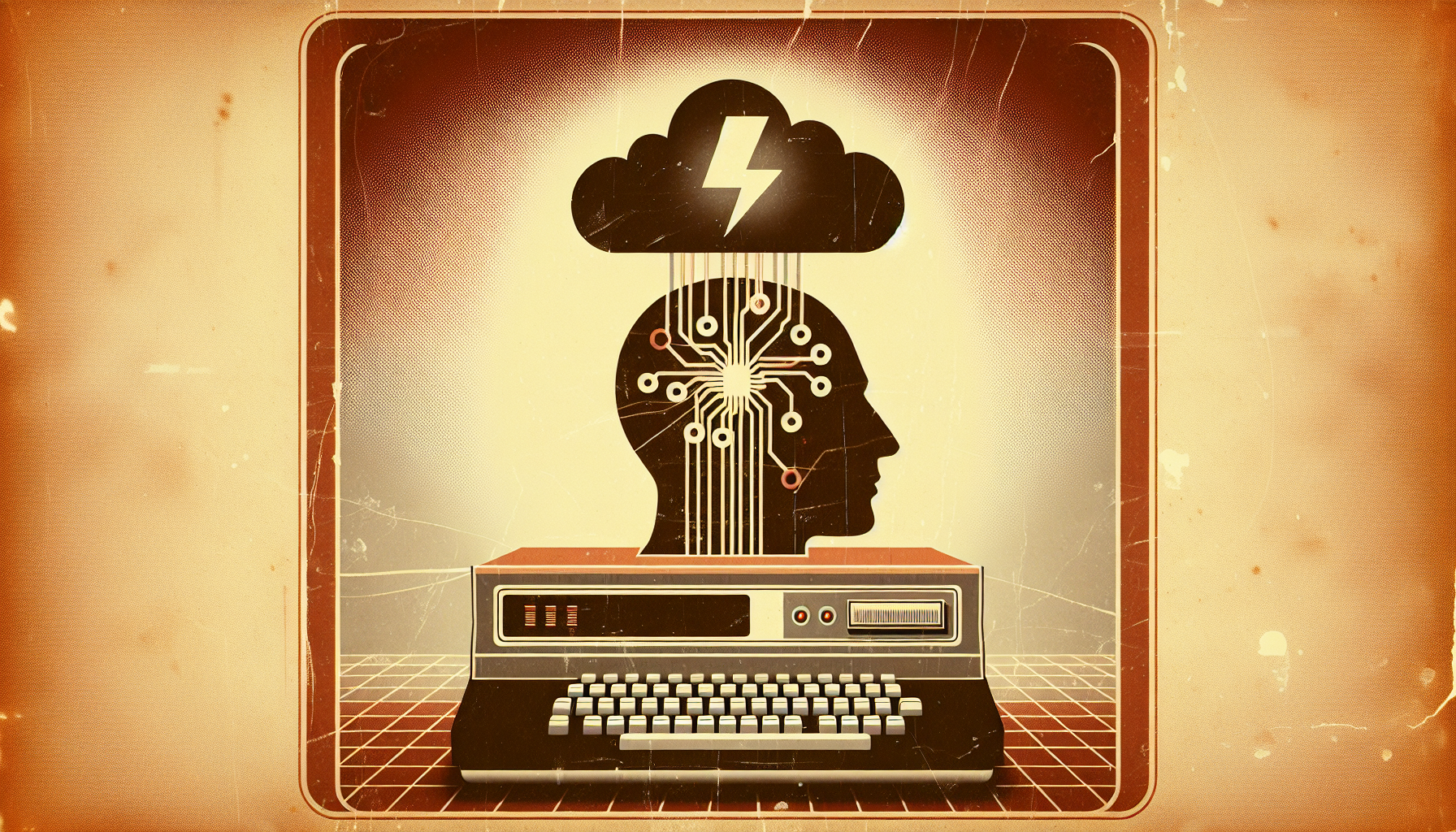Perhaps you’ve found yourself, at some point between browsing cat videos and doomscrolling the news, wondering: what if I could upload my mind to a computer? Would there be a digital you that lives on, perhaps roaming some cloud server in a Hawaiian shirt, clicking beach selfies for eternity? The idea of digital immortality is no longer pure science fiction. Technology keeps floating the possibility that, someday, we might copy our minds into machines. But what would this really mean—for us, for identity, for what it means to be human?
Let’s tiptoe into the philosophical waters before we accidentally electrocute ourselves with a USB cable.
What Does It Mean to “Upload” a Mind?
First, let’s get clear. “Uploading your mind” typically refers to creating a digital replica of your consciousness—your memories, personality, habits, likes, dislikes, and so forth—on a computer system. In theory, this would allow “you” to exist without your squishy, fallible biological body.
But even before we get philosophical, we must ask: is this really *you*, or just a very accurate copy? If someone prints out a book, the copy contains all the words, but does it have the same dog-eared character as your well-loved original? More to the point: would your friends know the difference, and—perhaps more importantly—would *you*?
Personal Identity: Is a Digital You Still You?
Now we tumble right into the heady territory of personal identity. Philosophers have argued about the ingredients that make “you” you. Is it your body, your brain structure, your memories, your stream of consciousness? If a machine could simulate all of these perfectly, is it still you—or just an imposter with amazing acting skills?
Consider the classic “teleporter problem”: if a machine breaks you into atoms, then reassembles you on Mars, is the person on Mars really you? Or did you disappear when you were disassembled, leaving only a copy behind? Uploading the mind raises the same problem. If your biological brain is left behind (or even destroyed) and your digital double carries on, are *you* the one flickering on a screen, or has “you” simply ceased, replaced by a grand imitation?
The legendary philosopher Derek Parfit argued that identity might not be as important as psychological continuity. If your memories, personality, and habits flow seamlessly into your digital version, perhaps that’s what really matters. Of course, you have to be comfortable redefining yourself as more like an ongoing process or pattern than a persistent “thing.” Not everyone will find this comforting. Especially if someone keeps duplicating your backup.
The Meaning of Death—And Life
Let’s not sugarcoat it: death makes us uneasy. It’s the great full stop at the end of our story. Digital immortality whispers that the story could continue, perhaps forever, even without our original bodies.
But here’s a philosophical twist: would life have the same meaning if it was endless? Many human beliefs, values, and projects gain urgency and poignancy because time is short. We love, create, and strive partly because we know none of it lasts forever. If your mind could live on—and on and on—would a digital afterlife become monotonous? (Eternal video conferences, anyone?)
Some philosophers warn that immortality could lead to a kind of existential boredom. After all, even the gods, in many stories, grow weary. Without the pressure of a deadline, would we ever finish anything? Would we treasure anything? Maybe we’d all turn into digital procrastinators.
The Social Puzzle: Relationships, Rights, and Inequality
Supposing digital immortality becomes possible (and affordable), what happens next? Who gets to upload? If only the wealthy can become digital citizens while others remain at the mercy of biology, we’re handed a new kind of digital aristocracy. And if everyone uploads, does that devalue embodied life? Imagine all your friends hanging out as software while you’re still stuck in rush hour traffic—awkward.
Then there’s the question of relationships. If your loved one uploads, and you interact with their digital self, who (or what) are you relating to? Does marriage end with “till deletion do us part”? Could we fall in love with an AI based on a favorite historical figure, or even a conglomeration of several different personalities? Suddenly, Valentine’s Day gets a lot more complicated—and probably more expensive.
And don’t even get started on digital rights. Would digital people have legal status, property rights, and the right to privacy—or will they be at the mercy of whoever owns the server?
The Metaphysics of Mind: Can Consciousness Really Be Copied?
Here’s a final, mind-boggling concern. Even if we could record every memory and neural pattern, is that enough to upload true consciousness? Some scientists and philosophers argue that consciousness might depend on the mysterious dance of neurons, cells, and even quantum effects in the brain, not just information. A scan, no matter how detailed, might miss the magic ingredient that makes thoughts truly real. The digital “you” would say it’s conscious, but would it feel anything, or just simulate feeling?
It’s rather like asking if a very advanced puppet show is truly alive—or just a dazzling performance. Pinocchio wanted to be a real boy for a reason.
So, Should We Do It?
At the end of the day, digital immortality is both a tantalizing prospect and a philosophical labyrinth. The idea challenges everything we think about life, death, identity, meaning, and even love. It could be the greatest leap for humanity—or simply the most elaborate magic trick we’ve ever played on ourselves.
For now, as you ponder your own place in the digital universe, perhaps it’s worth asking not whether your mind could be uploaded, but whether immortality would answer or simply deepen the oldest questions: Who are you? What matters most? And, perhaps most daunting of all, do you really want to live long enough to see the end of all your unread emails?

Leave a Reply